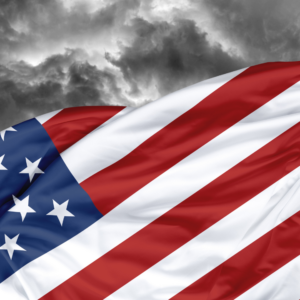A Vermont elementary school’s science and health curriculum for fifth graders will no longer include the terms “male” or “female.” Instead of saying “boy” or “male,” teachers will use the terminology “person who produces sperm.” Similarly, they will no longer say “girl” or “female” but “person who produces eggs.”
The Founders Memorial School distributed letters to families of students on April 20, notifying them of the changes to the curriculum. The district’s desire to use “gender inclusive language” was the cited reason for the eliminated “male” and “female” language, according to Principal Sara Jablonski.
“In an effort to align our curriculum with our equity policy, teachers will be using gender inclusive language throughout this unit. With any differences, we strive to use ‘person-first’ language as best practice,” Jablonski added.
While instructing students on human anatomy, the district said it will put emphasis on “the physical and emotional changes that occur during puberty and briefly introduce the basic structure and function of human reproductive systems.”
The vice president of Parents Defending Education, Caroline Moore expressed her opposition to the change, alluding to the potential for more extreme measures in the future. “This manipulation of elementary anatomy and physiology is a bridge too far and a precursor to what we will see everywhere if the proposed changes to Title IX go into effect,” Moore said.
“A boy is a boy and a girl is a girl. We all know this. So why are we pretending we don’t? This is the primary way to differentiate human beings at birth, not “assigned” like a class project. You cannot politically correct yourself out of this.”
The letter drew mixed reactions on Twitter, with some users likening the transition in language to Aldous Huxley’s 1932 novel “Brave New World” as others demanded students to be yanked from public schools.
The Essex Westford School District’s school board implemented a new equity plan in June 2021, which required schools to “use anti-racist and LGBTQIA+ affirming perspectives to inform curriculum decisions starting in Pre-K,” reported by the Burlington Free-Press at that time.


















Add comment